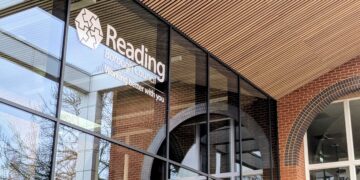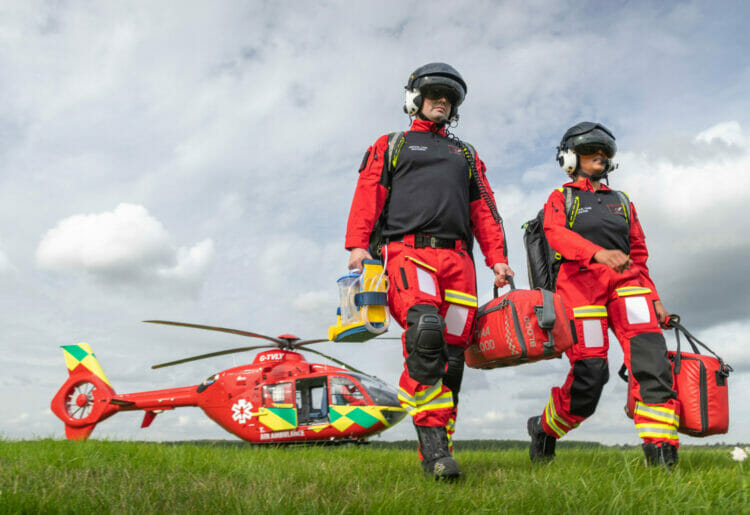THAMES Valley Air Ambulance is set to trial the use of a new methodology to tackle blood loss in patients.
Responders will be part of a programme using “whole blood” under the Study of Whole Blood in Frontline Trauma, or SWIFT, initiative.
The SWIFT initiative is being led by NHS Blood and Transplant, in partnership with the Ministry of Defence and Air Ambulance UK.
Crews currently carry red blood cells and plasma, which are easier to store and have a longer shelf life than “whole” blood.
The initiative will see them equipped with whole blood which contains platelets, the part of the blood which aids clotting.
Blood must be stored at a specific temperature and kept constantly moving to remain oxygenated and useable.
This makes it difficult to use and store outside of hospital facilities, but the scheme will aim to reduce trauma deaths in patients where blood transfusions are critical.
Crews will use O negative blood, which is commonly called the ‘universal donor’ blood type, when there’s little time to check for blood type.
Thames Valley Air Ambulance chief operating officer Adam Panter said: “We are proud to be collaborating with NHS Blood and Transplant, Air Ambulances UK, and Defence Medical Services to support this trial.
“Patient care is at the very heart of all that we do at Thames Valley Air Ambulance and so we welcome the opportunity to look at innovations which may improve the outcomes for those suffering these kind of injuries.
“This trial forms part of a key area of work at Thames Valley Air Ambulance, looking at areas where patient outcomes can be improved and implementing treatments and techniques which give them the best chances of recovery.”
Dr Laura Green, co-chief investigator for SWIFT and NHS Blood and Transplant consultant, said: “The role of air ambulances in providing blood transfusions at the scene of an incident is crucial – delivering the most challenging treatments in the most challenging environments.
“Any delay to starting transfusion during traumatic blood loss can reduce the chances of survival. We hope that SWIFT will show there are logistical and procedural benefits in giving a blood transfusion of all of the components in a single bag – and ultimately improved outcomes for patients.
“We are grateful to be working in partnership with air ambulance organisations and the Defence Medical Services to drive innovation and provide even better care to critical patients.
She continued: “We are also incredibly grateful to our O Rh negative donors, whose universal donor blood is critical in trauma transfusion– including in this trial.”























